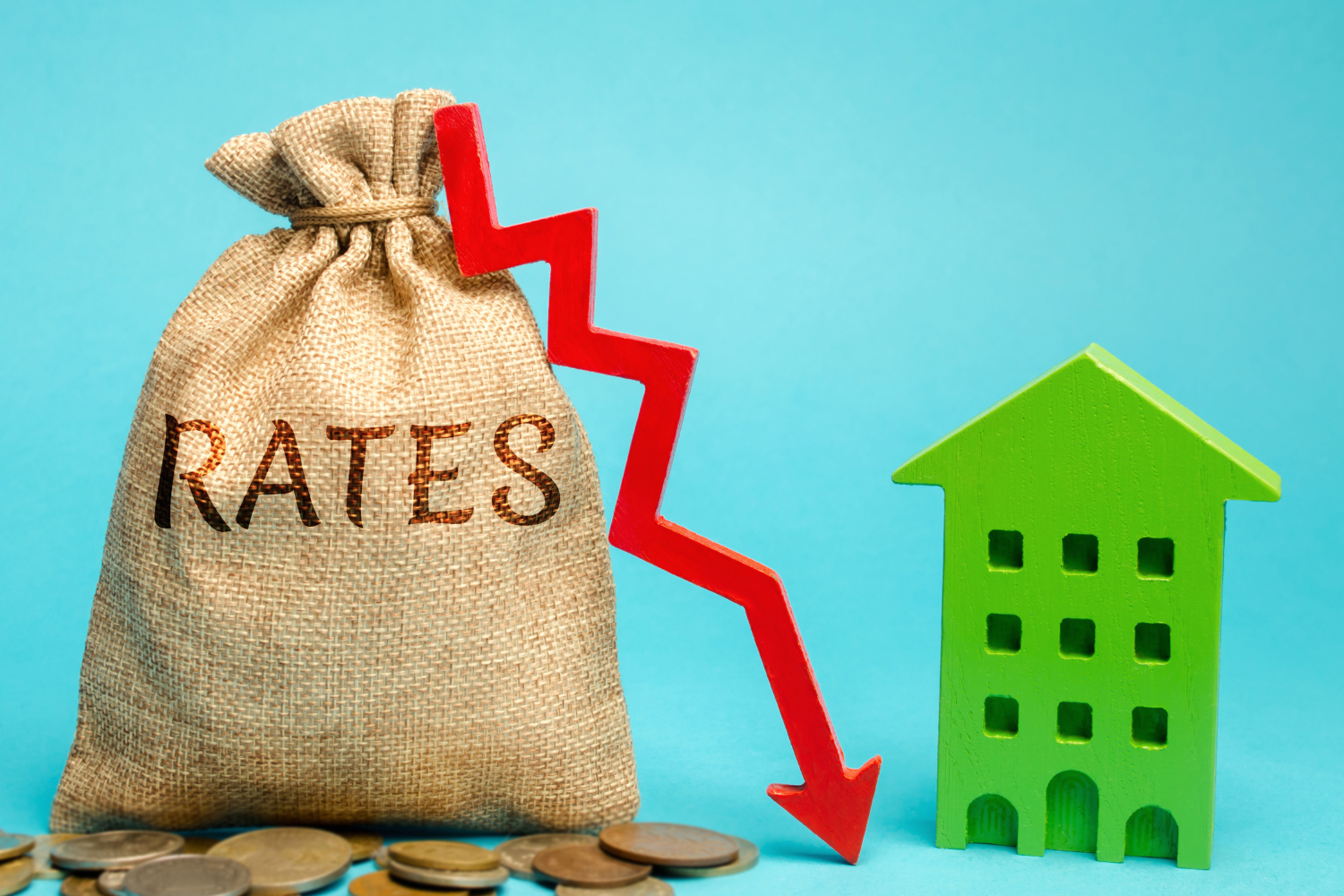Buying a home is one of the most significant financial decisions one can make, and it’s crucial to be well-informed about the various factors that influence the real estate market. Among these factors, interest rates play a pivotal role, significantly affecting both buyers and sellers. In this comprehensive post, we will delve into the intricate relationship between interest rates and the real estate market, empowering potential homebuyers with the knowledge needed to navigate the financial landscape effectively.
Understanding the Basics:
Interest rates, set by central banks, determine the cost of borrowing money. These rates fluctuate based on economic conditions and policy decisions. In the real estate realm, the connection between interest rates and property values is intricate but essential to comprehend.
- Inverse Relationship: One of the fundamental aspects to grasp is the inverse relationship between interest rates and real estate values. Typically, when interest rates are low, borrowing money becomes more affordable, stimulating demand for real estate. As demand increases, property values tend to rise. Conversely, when interest rates are high, borrowing becomes more expensive, leading to reduced demand and potentially lower property values. For potential homebuyers, this dynamic relationship directly influences the affordability of homeownership. Lower interest rates generally mean lower mortgage payments, making it an opportune time for buyers to enter the market.
- Affordability and Buying Power: Interest rates not only impact the overall cost of a home but also influence a buyer’s purchasing power. Even a small change in interest rates can have a significant effect on monthly mortgage payments. For instance, a decrease in interest rates might allow a buyer to afford a more expensive home with the same monthly payment. It’s crucial for homebuyers to keep an eye on interest rate trends and be prepared to act when rates are favorable. Planning ahead and securing a mortgage during a period of lower interest rates can substantially increase affordability and buying power.
Market Trends and Economic Indicators:
Understanding how interest rates impact the real estate market requires a keen eye on economic indicators and market trends. Let’s explore some key considerations for potential homebuyers:
- Economic Conditions: Interest rates are closely tied to the overall health of the economy. During periods of economic growth, central banks may raise interest rates to prevent inflation. On the other hand, during economic downturns, central banks may lower interest rates to stimulate borrowing and spending. Homebuyers should monitor economic indicators such as GDP growth, employment rates, and inflation to anticipate potential shifts in interest rates. A strong economy may lead to higher interest rates, while a sluggish economy may result in lower rates.
- Federal Reserve Policies: The Federal Reserve, as the central banking system in the United States, plays a significant role in influencing interest rates. The Fed’s decisions on monetary policy, including adjustments to the federal funds rate, can have a direct impact on mortgage rates. Keeping an eye on the Federal Reserve’s statements and policy decisions can provide valuable insights for homebuyers. Changes in the federal funds rate can signal shifts in the direction of interest rates, guiding buyers in their decision-making process.
Navigating the Market:
Armed with an understanding of the relationship between interest rates and real estate, potential homebuyers can take proactive steps to navigate the market effectively:
- Monitor Interest Rate Trends: Stay informed about current interest rates and trends. Numerous online tools and resources provide real-time updates on mortgage rates. By staying vigilant, buyers can identify opportune moments to enter the market when rates are favorable.
- Consult with Mortgage Professionals: Seek guidance from mortgage professionals who can provide insights tailored to individual financial situations. Mortgage brokers and lenders can offer advice on the best mortgage products and strategies based on prevailing interest rates.
- Long-Term Planning: Consider the long-term implications of interest rates on homeownership. Opting for a fixed-rate mortgage can provide stability and protection against potential future rate increases. On the other hand, adjustable-rate mortgages may offer initial cost savings but come with the risk of higher payments if interest rates rise.
In the intricate dance between interest rates and real estate, potential homebuyers can be proactive by understanding the dynamics at play. By staying informed about economic indicators, monitoring interest rate trends, and seeking professional guidance, buyers can make informed decisions that align with their financial goals. The impact of interest rates on real estate is a crucial factor in the homebuying journey, and with the right knowledge, buyers can navigate the market with confidence and secure a home that meets both their needs and financial aspirations.

